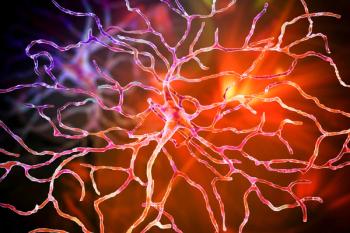
Neuroplasticity enables the brain to adapt and recover after injury, emphasizing the importance of multidisciplinary rehabilitation for effective healing.
Dr Howell is a senior neuroscientist at the Centre for Neuro Skills. She is a specialist in brain injury rehabilitation, neurodegenerative disease, and clinical research.

Neuroplasticity enables the brain to adapt and recover after injury, emphasizing the importance of multidisciplinary rehabilitation for effective healing.
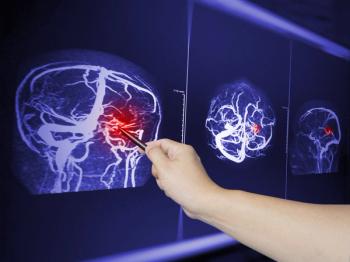
Because diagnosis and management of concussions remain challenging, reliable biomarkers can improve effective intervention.
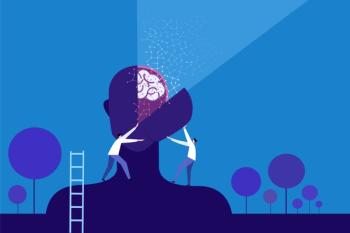
Improving cognitive function is a primary goal of brain injury rehabilitation and is made possible through the process of neuroplasticity.
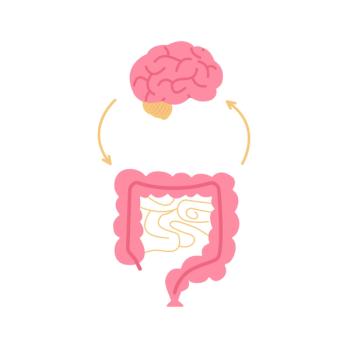
Brain injury associated fatigue and altered cognition has been associated with a subset of individuals with mild traumatic brain injuries who develop posttraumatic hypopituitarism, including altered gut microbiome and amino acid utilization.

Sleep and neuroendocrine function are disrupted following TBI.
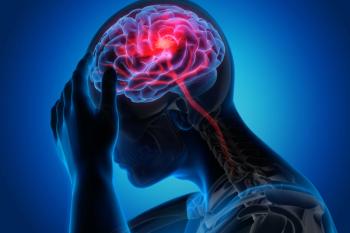
How can you best get patients with a brain injury back to work?

Traumatic brain injury-induced dysregulation of the neuroendocrine system and may contribute to the exacerbation of posttraumatic morbidity.

Sleep disturbances can exacerbate TBI symptoms. Here’s how to address them.
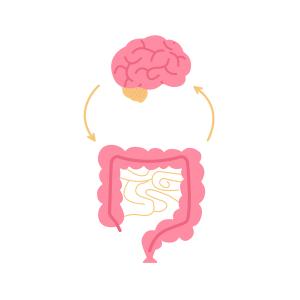
Published: January 23rd 2024 | Updated: